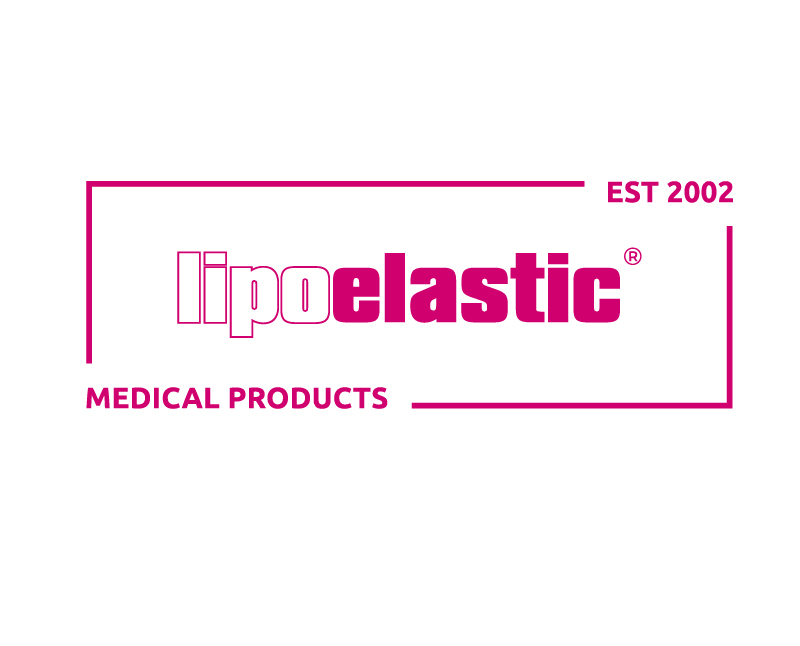When it comes to achieving your ideal body shape, the options can feel overwhelming. With the rise of weight-loss medications and the enduring popularity of liposuction, many people wonder which is the better solution. Can medical weight loss truly replace liposuction, or do they serve entirely different purposes? Let’s break it down.
.png)
What is medical weight loss and how does it work?
Medical weight loss refers to a doctor-supervised approach to managing weight using prescription treatments, lifestyle modifications, and nutritional guidance. Some medications work by regulating appetite, slowing digestion, or influencing hormone levels to support long-term weight management. These treatments are often recommended for individuals struggling with obesity or those who have not achieved results through diet and exercise alone.
What does liposuction do?
Liposuction is a surgical procedure designed to remove fat from specific areas of the body, such as the abdomen, thighs, arms, or chin. Unlike medical weight loss treatment, which helps reduce overall body weight, liposuction focuses on reshaping and contouring targeted areas. It’s particularly effective for addressing stubborn fat deposits that are resistant to diet and exercise.
It’s important to understand that liposuction is not a weight-loss method but a body-contouring tool. While it can significantly improve your silhouette, it’s most effective for individuals who are already near their ideal weight and looking to fine-tune their body shape.
Can medical weight loss replace liposuction?
Medical weight loss treatment and liposuction serve different purposes and often complement each other rather than compete. Here’s why:
- Targeted Fat Removal: Medical weight loss treatment promotes promotes overall weight loss but cannot selectively reduce fat in specific areas. Liposuction is designed to target problem spots for precise body contouring.
- Skin Elasticity: Significant weight loss may leave loose skin, particularly if the weight loss is rapid. Liposuction can be paired with skin-tightening procedures to address this issue.
- Permanent Fat Removal: Liposuction physically removes fat cells from the body, meaning those fat cells will not return. In contrast, medical weight loss treatment helps shrink fat cells but doesn’t eliminate them permanently.
Can medical weight loss treatment and liposuction work together?
Using medical weight loss treatment can help you achieve a stable and healthy weight before undergoing liposuction, which may enhance surgical outcomes. Post-surgery, medical weight loss treatment can assist patients in managing their weight and maintaining their new shape.
If you’re considering medical weight loss or liposuction, it’s essential to consult with qualified medical professionals to determine the best approach for your goals. At LIPOELASTIC, we’re here to support your recovery with premium post-operative garments designed to enhance your healing process and results.
Resources:
NHS. (2023). Liposuction Overview: What to Expect. https://www.nhs.uk/conditions/cosmetic-procedures/liposuction/
Novo Nordisk. (2023). https://www.medicines.org.uk/emc/product/9748/smpc

 LIPOELASTIC TEAM
LIPOELASTIC TEAM 



 England
England



 Wales
Wales
 Scotland
Scotland
 Northern Ireland
Northern Ireland
 Ireland
Ireland
 United States of America
United States of America
